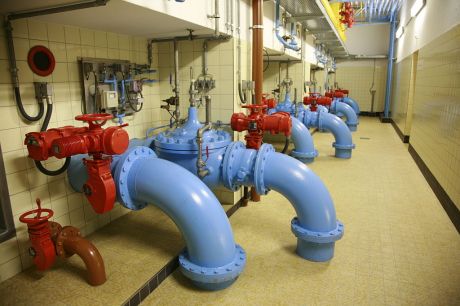Agricultural practices such as irrigation and fertilisation put a great
pressure on Europe's freshwater resources, which is aggravated by the
consequences of climate change. The results are increasing prices for
nutrients and food, and risky practices such as applying untreated
wastewater to fields and dwindling resources.
The aim of the
SUWANU (Sustainable water treatment and nutrient reuse options) project is to develop transnational research-driven clusters to examine alternatives for water and nutrients. The work will involve academia, research institutes, regional authorities, enterprises and farmers from five European countries: Bulgaria, Germany, Greece, Spain and Malta.
Although important local efforts have been made on research activities concerned with wastewater treatment and reuse, an integrated interregional approach is still needed. Therefore, SUWANU will promote scientific, governmental and business collaboration in wastewater reuse in Europe. In addition, it will help to establish common European parameters guidelines for the efficient use of water and nutrients.
Implementation of SUWANU activities will contribute to reduce the cost of irrigation water and fertilisers to farmers. It will also contribute to reduce the pressure on European freshwater resources. The project will also develop sustainable irrigation schemes that reduce negative environmental impact of improper wastewater disposal and reuse.
SUWANU will help support food security, increase employment in the agricultural sector, and increase the level of skills and knowledge concerning water management and wastewater reuse. It will also support small and medium-sized enterprises in implementing new and effective solutions for the treatment and reuse of wastewater and present them to policymakers.

